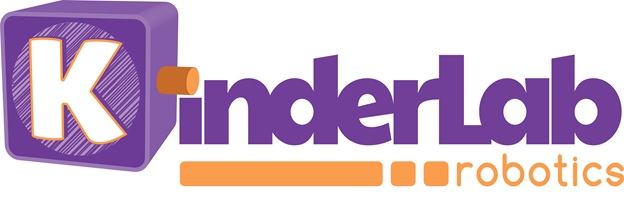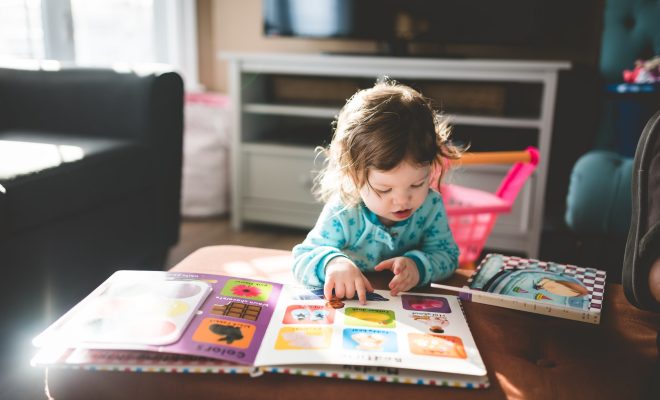Introduction To Phonemic Awareness

Understanding the sounds in a word is an essential step for children before learning to read those words. This process of becoming aware of how the sounds work in words will help improve their overall ability to learn to read.
Next, we will take a closer look at phonemic awareness and how it can help children read better.
What Is a Phoneme?
A phoneme is the smallest sound in a word, and it will determine and make a difference in the meaning of a word. An excellent example of different sounds or phonemes in a word is the words hat and pat, where the phoneme changes from h to p.
This changing of the first phoneme of this small word also gives it a completely different meaning. Therefore, the sound of the h and the p in these different words represent two different phonemes.
Children can show in many different ways that they are aware of the sound of the phoneme.
What Are the Signs That Children Are Aware Of Phonemes?
There are different ways to determine that a child is aware of phonemes when they react differently to various words. One way is when they recognize words with the same type of sounds at the beginning of the words.
Examples of these are the words bee, bike, bell, or boy, which all have the same letter with the same sound at the beginning. You will also determine their phonemic awareness if they can isolate or say the first and last sound of the word.
An example of this is when they can say the beginning sound of dog and the ending sound of the word sit. Where the d is the first phoneme of the word dog, and the t is the last phoneme of the word sit.
More advanced phonemic awareness is evidenced when they can blend the separate sounds of the word, as in the case of m a p for map. They will also break the word up into its different sounds, such as in the u and the p of up.
It Is Important
Phonemic awareness is then part of the child’s overall learning process to understand the phonemic sound of the word. The early literacy development process of an infant, a toddler, and a preschooler happens daily.
Concluding Thoughts
This learning phase of the child is critical, but it is also stimulating and needs to be taken seriously. This will help the child succeed through the different development stages involved with learning and becoming better at using language skills to communicate.






